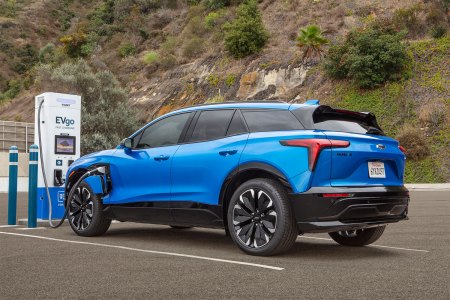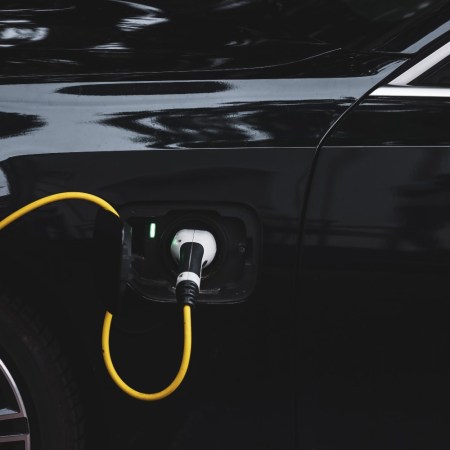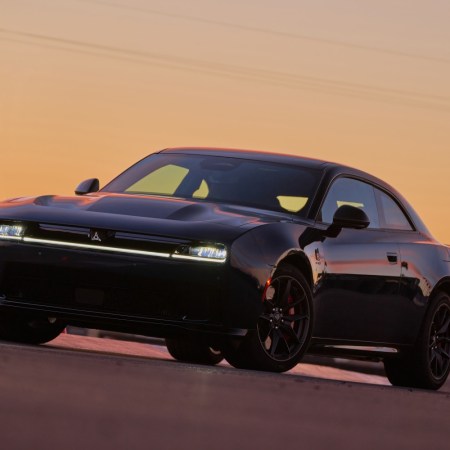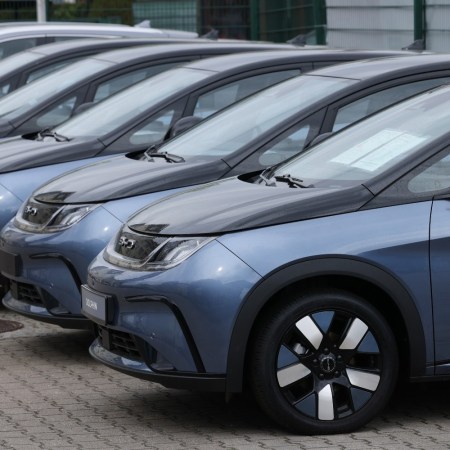With 2024 in the rearview mirror, a clearer picture of the auto industry’s year is becoming clearer. Automakers selling in the United States saw big gains in electric vehicle sales, though there’s speculation that the potential loss of tax credits coming with the Trump administration drove sales late in the year. Even with an uptick in EV sales, though, the bulk of automobiles sold in the United States last year were gas-powered.
But that isn’t true all over the world. As Nerijus Adomaitis reports at Reuters, almost 90% of the new cars sold in Norway in 2024 were electric vehicles. An impressive 88.9% of new vehicles sold in Norway last year were fully electric, which also represented an increase from the 82.4% that EVs represented in 2023.
While the EV-to-gas-powered ratio might look a little different in Norway than in the United States, the most popular EV manufacturers are, Reuters reports, Tesla, Volkswagen and Toyota. There is one significant difference between the two markets: Adomaitis writes that EVs from Chinese automakers make up approximately 10% of new vehicle sales in Norway. That’s unlikely to happen in the United States any time soon.
There are a few reasons why EV sales have surged in Norway. Adomaitis explains that a combination of factors, including taxes on gas-powered vehicles and reduced tariffs on foreign EVs, are both contributing factors here. Given the President-elect’s comments on the future of EV tax credits in the United States, this does not sound like a strategy we’ll see in this country, at least not during the incoming administration.
Drivers Are Just Trying to Get Used to EVs. Why Complicate It?
Electric cars are increasingly different just to be different. Case in point: the Chevrolet Blazer EV.Christina Bu, the General Secretary of the Norwegian EV Association — who Time named one of the 100 most influential climate leaders in business in late 2024 — argued that Norway’s consistent approach had led to the widespread adoption of EVs there. “Very often we see in other countries that someone puts tax incentives or exemptions and then they pull back again,” Bu told Reuters. There’s a lesson to be learned there, assuming other global leaders are listening.
This article appeared in an InsideHook newsletter. Sign up for free to get more on travel, wellness, style, drinking, and culture.



















